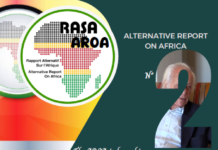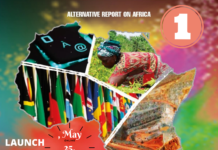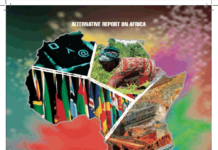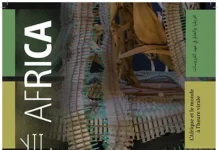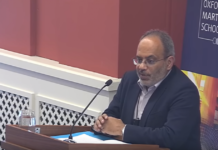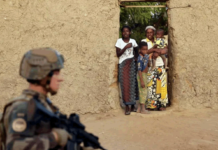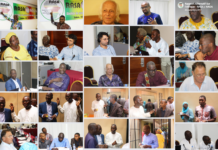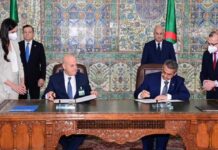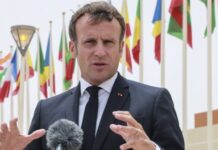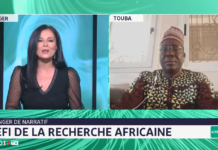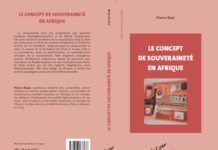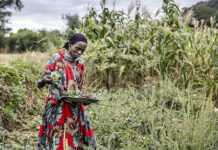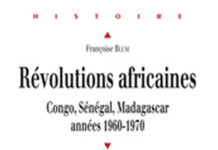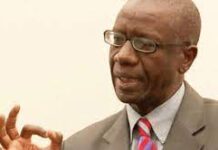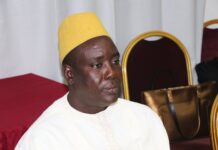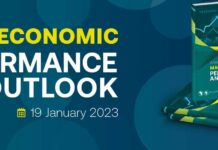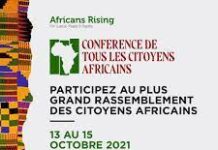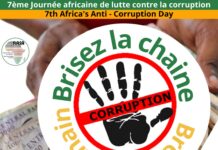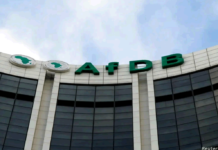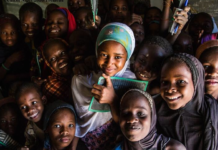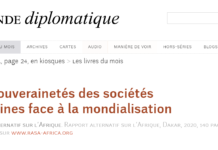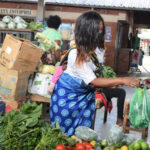In LE DÉVELOPPEMENT ÉCONOMIQUE EN AFRIQUE, Report 2020 – By the UNITED NATIONS CONFERENCE ON TRADE AND DEVELOPMENT (UNCTAD)
(Download the full document below)
Everywhere, the loss of confidence in multilateralism is undermining the chances that globalization will produce a more sustainable and just society. Growing awareness of the scale and cost of illicit financial flows is raising doubts about the power of collective action over unilateral measures. It is against this backdrop that UNCTAD’s Economic Development in Africa Report 2020 examines the relationship between illicit financial flows and sustainable development in Africa. Illicit financial flows – the cross-border exchange of monetary and other value that is illegally received, transferred, or used – cost African countries an estimated $50 billion a year, far more than the continent receives in official development assistance each year. Developed and developing countries share the problem and responsibility for illicit financial flows; the economic consequences of these flows are a major development challenge worldwide, and even more so in African countries, whose prospects for sustainable development depend critically on making massive investments.
This year’s African Development Report adopts a multidisciplinary methodological approach
methodological approach, integrates gender issues into the analysis, and incorporates environmental sustainability into the conceptualization of sustainable development. While the report primarily presents substantive contributions and analysis on how to address illicit financial flows in Africa, there are many topical issues and debates on this topic in all countries, ranging from trade-specific illicit flows to international taxation issues, international investment agreements, and the institutional roots of these flows.
Illicit financial flows deprive the public treasury of resources needed to finance development expenditures. The report’s findings confirm that these financial flows are significant in Africa and are growing over time. Reducing illicit financial flows is therefore a way to provide African countries with additional funds to implement Agenda 2063 and achieve the Sustainable Development Goals. Our goal is to find solutions by addressing the fiscal hemorrhaging that these illicit flows cause, through strengthening national policies, regulatory frameworks, data infrastructure, institutional capacity, and human resources. African countries also need to become more engaged internationally, including in reforms of the international tax system, to make it more responsive to Africa’s challenges in the 21st century.
Multilateralism has a key role to play in reducing illicit financial flows, which have harmful effects, and in encouraging greater participation of African countries in global governance. Beyond the multiple resolutions that the United Nations has adopted on these illicit flows, recent initiatives such as the creation of the High Level Panel on Financial Accountability, Transparency and Integrity offer hope that more concrete steps will be taken to pay greater attention to illicit financial flows and increase the capacity of tax authorities in Africa. Building on this and other initiatives, such as the landmark Mbeki Report (2015), the 2020 Report on Economic Development in Africa places its recommendations in the broader context of the African Continental Free Trade Area, which is a new hope for the continent and an opportunity to rewrite history.
As countries struggle to respond to the global health emergency caused by the 2019 coronavirus epidemic, African countries that are already weakened by illicit financial flows face a difficult road ahead as the global pandemic causes demand for African exports to wane, risking a serious slowdown. It is our hope that in the run-up to the fifteenth session of the United Nations Conference on Trade and Development to be held in Barbados, the evidence and recommendations in the report will help improve policies to address the scale and impact of illicit financial flows, thereby laying the foundation for a stronger and more resilient Africa that can overcome current and future challenges.
Mukhisa Kituyi
Secretary-General of UNCTAD


